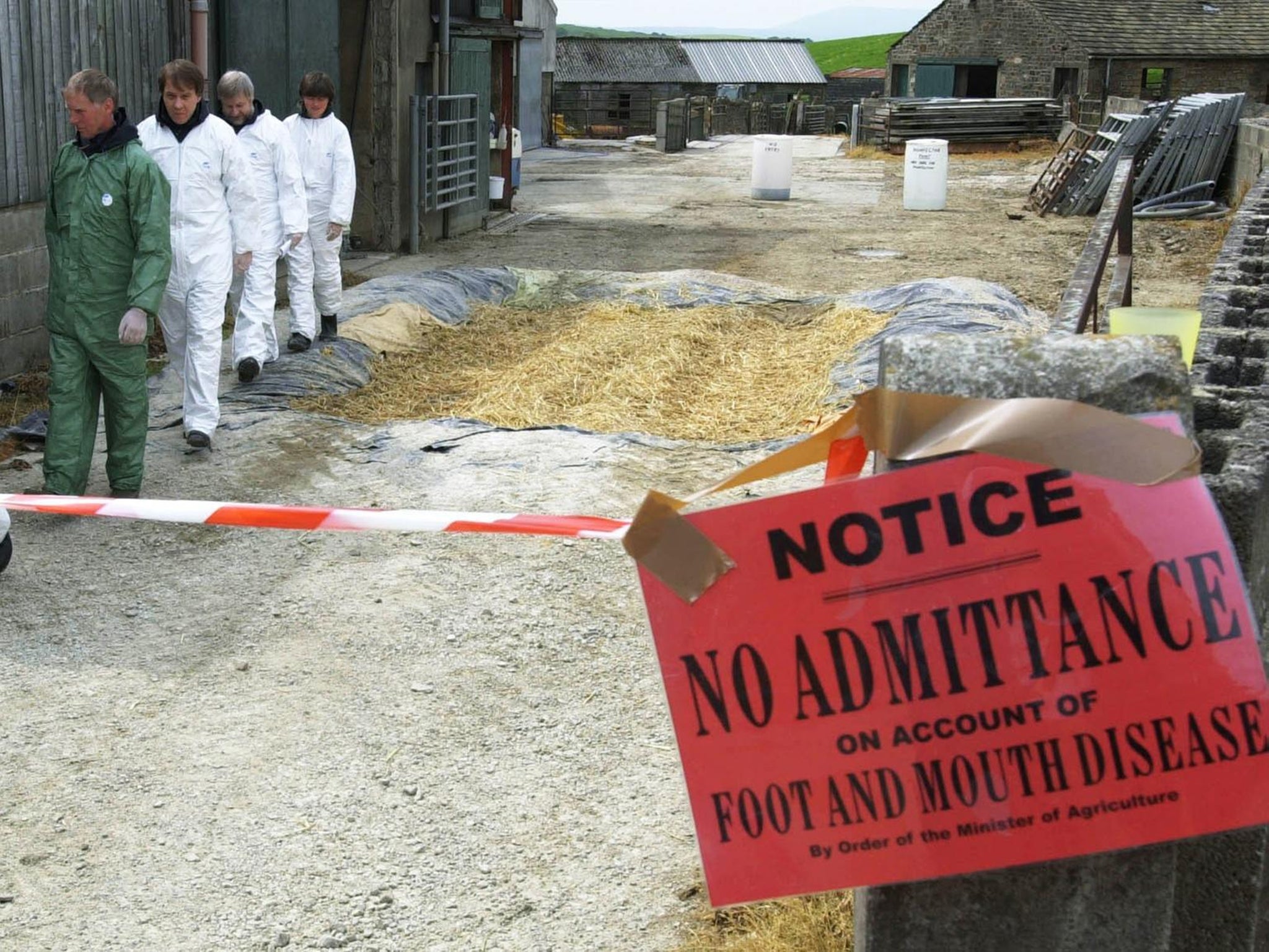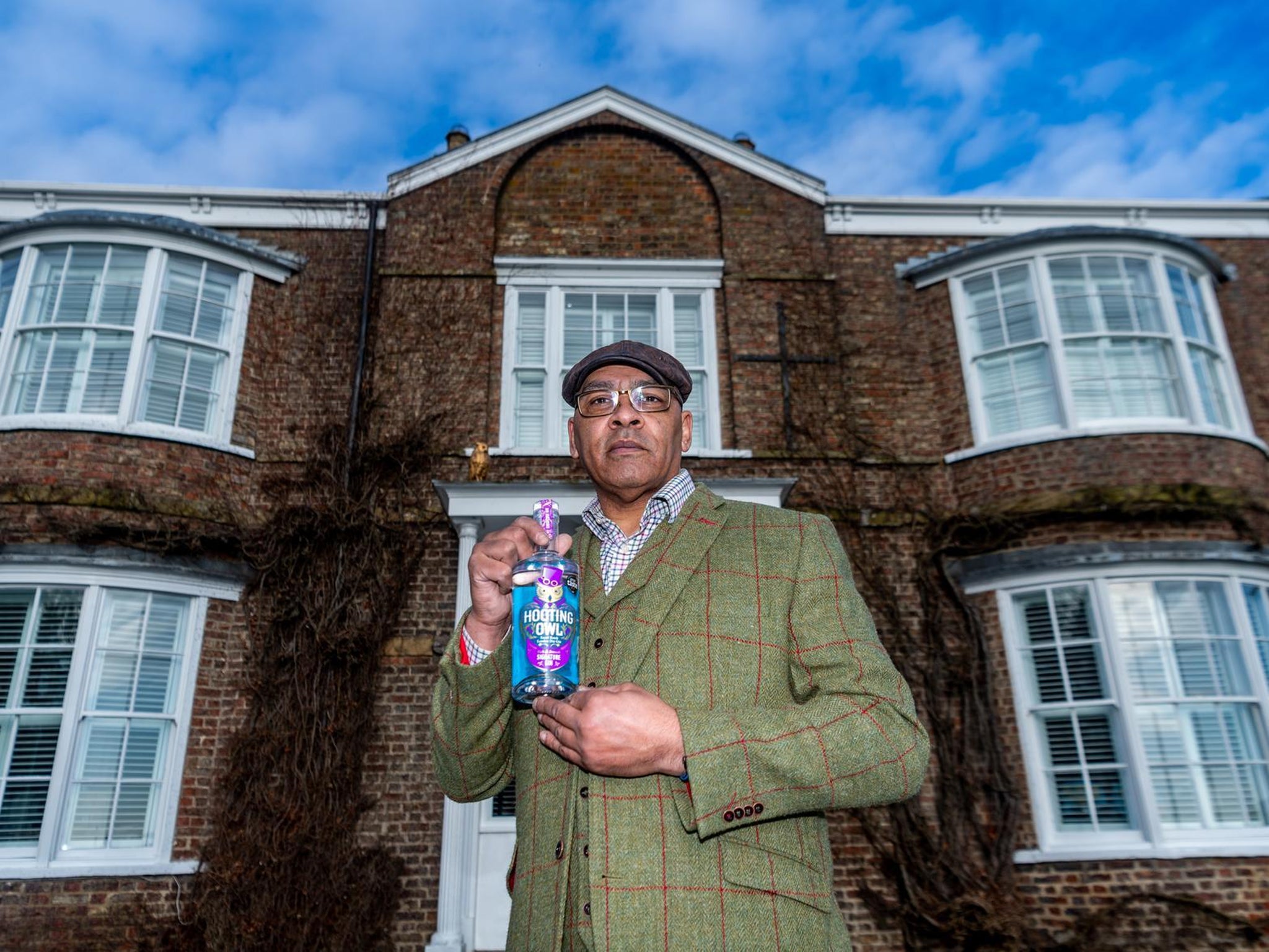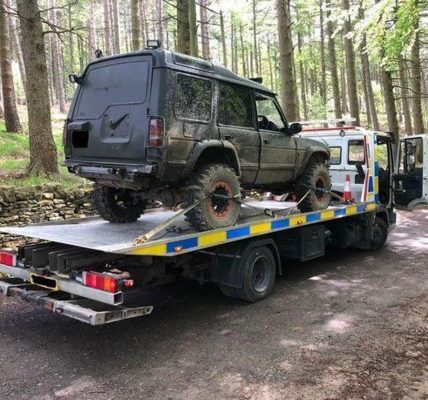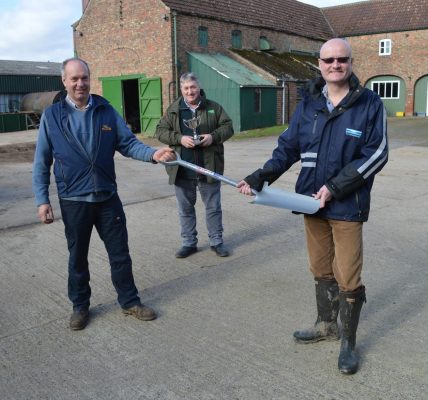Farm of the Week: Glamping pods and non-native breeds help to keep the old way of life going beneath Sutton Bank
Farm of the Week: Glamping pods and non-native breeds help to keep the old way of life going beneath Sutton Bank
Cattle as eye candy rather than providing milk or beef is the new normal for a fourth-generation family farm business that is finding its location is now its major asset at Sutton under Whitestonecliffe, near Thirsk.
James McDonald and his partner Julie are in no doubt over where the future of Water Hall Farm lies, having expanded their tourism offering with high end glamping in the latter part of 2019.
The 138-acre farm continues to be a working farm but James said today’s livestock forms a dual role of managing the land and complementing their holiday cottages and glamping pods, with guests taking in a magnificent view of the famous cliffs of Sutton Bank, often from a hot tub, with Highland cattle grazing in the foreground.
“We are still looking after the land. We’re just looking after it in a different way. I couldn’t carry on doing what Granddad or Dad have done. If I did, we wouldn’t be here.
“We’ve had to do something else to keep the farm as a farm and we are now sharing it with others and at the same time educating people about farming, which is a good thing.
“For me to continue the same way without Dad, by running a herd of 70 commercial beef cattle, wasn’t viable as we would not have been able to afford to pay for someone else to help me. It’s a numbers game and the figures don’t stack up.”
James and Julie have the backing of James’ father Ed and grandfather Trevor Fowler-Jones, who came to Water Hall Farm with his own father George when he was 10 years old, and are not about to consign the farm’s heritage in dairy and beef to history. James said cattle would always play their part in the farm albeit in a different way.
“We have found that for us providing people with holidays is where the money is and it now makes up a sizeable proportion of our income, but it works because of the farm and the animals. It is our way of keeping the farm as a farm.
“Six months ago we reduced our commercial beef herd and we now have a much smaller number than we’ve ever had in either our previous dairy or beef herds, but at the same time we have started a Belted Galloway herd and have the Highland cattle. They are low maintenance cattle and that helps too with Dad needing to retire.
“But the land needs managing and they fit the bill, plus our visitors like to see the native breeds. There will always be cattle here, as well as sheep, alpacas, pigmy goats and hens. It’s a real mixed bag and we still send lambs and cattle to market at Thirsk. When the Highlands and Belties are ready they will also go for beef.”
The next generation is playing its part in the future of livestock at Water Hall. James and Julie have three children – Joseph, eight, Bethany, five, and Evie, one – and Julie said Joseph is already a budding farming entrepreneur.
“We have hens and Joseph sells the eggs to guests staying in the cottages, glamping pods and down the road in an honesty box. He had raised some money and wanted to have his own sheep. We have 24 breeding ewes, including Mules, Cheviots and Ryelands and 30 lambs. We earn from the silaging, as well as providing winter feed for our own livestock. We also have 40 acres that we share farm with us taking the straw for bedding and the other farmer taking the standing crop. There is a little bit of land in stewardship too. We grow a bumble bee mix and game cover.
It was Ed who started the move towards farm tourism with his late wife Linda, who passed away in 2014, when they converted an old calf shed, granary and workshop into holiday cottages that opened for business in July 2013.
Ed and his father-in-law Trevor recall their darkest day at Water Hall Farm 20 years ago when their dairy herd was culled. Trevor said it feels as raw to him now as it did then and the emotion in his eyes confirmed it, but that he fully understands how time has moved on.
“I was a farmer, we had cows and that’s what I lived for. My father came here as a tenant and then bought the farm for £7,000 in 1963. We had 20 Dairy Shorthorns when he came and when Ed first came here we had 60 Holstein Friesians. When the cows went to a contiguous cull in 2001 it was very hard. We had 120 dairy cows and altogether 200 were slaughtered including all the young stock.
Ed, who wasn’t from a farming background but studied agriculture and worked on a dairy farm near Whitby before meeting and marrying Linda, is philosophical over how the gradual shift of emphasis has developed at Water Hall. He said the moves that have been made by James and Julie are taking further what he started with Linda.
James said that due to the pandemic restrictions their Water Hall Wigwams, as the pods are known, have been shut longer than they have been open so far, but Julie said she couldn’t believe the uptake they had within two weeks of opening on 4 July last year.
“Within two weeks of opening we were sold out of all six pods until the middle of September. It just went absolutely bonkers.”
Julie left her job of 20 years working as a buyer for a steel company and now devotes her time to her children and the glamping pods. She said that as well as providing high-end glamping it is the Highland cattle and the cliffs that make Water Hall a farm with a difference.
“I have bottle fed pet lambs for weeks on end, which is a lovely experience, and our guests like to be here when lambs are born and frolicking about but what they really like is to sit outside eating breakfast or in their hot tub having a glass of wine while watching the Highlands and admiring the view.”
James said his role has changed massively from a few years ago.
“I’m more the odd job man now. I feed and check on all of the animals in the morning, I clean the hot tubs, cut the grass and do a bit of contracting work for other farmers. The Highlands and the Belted Galloways have been a far bigger hit than I thought they would be – and they are keeping cattle alive and well here at Water Hall.”










